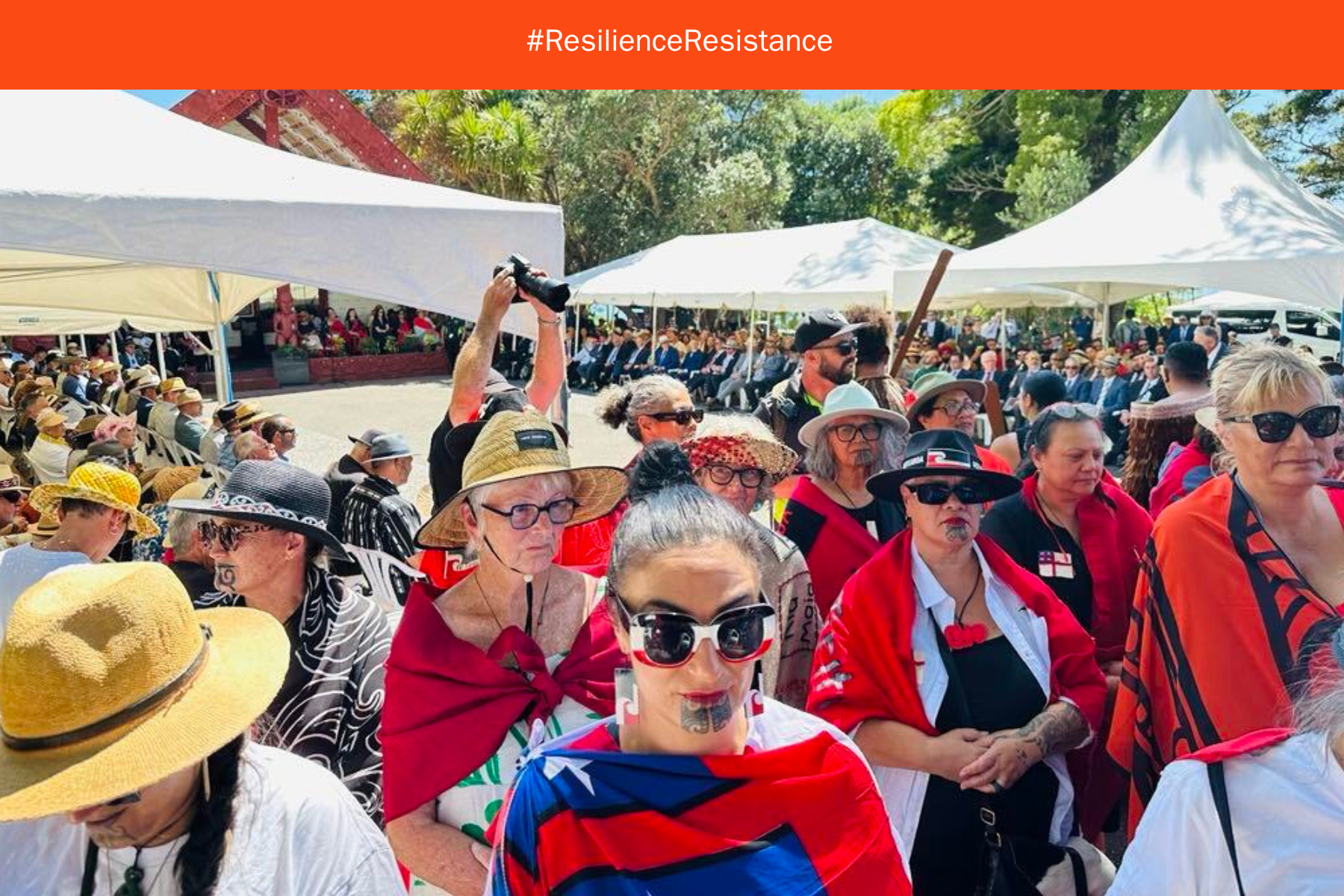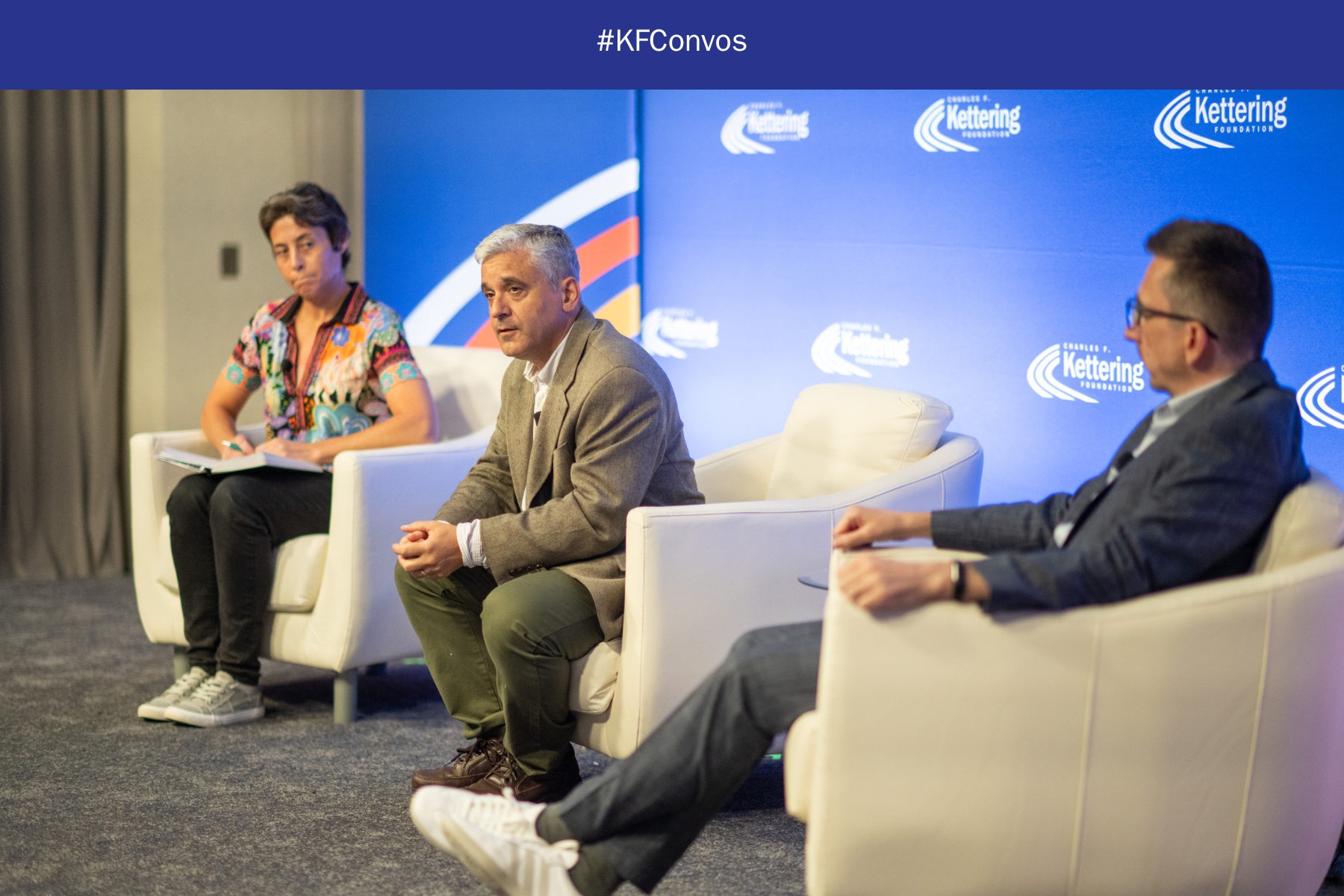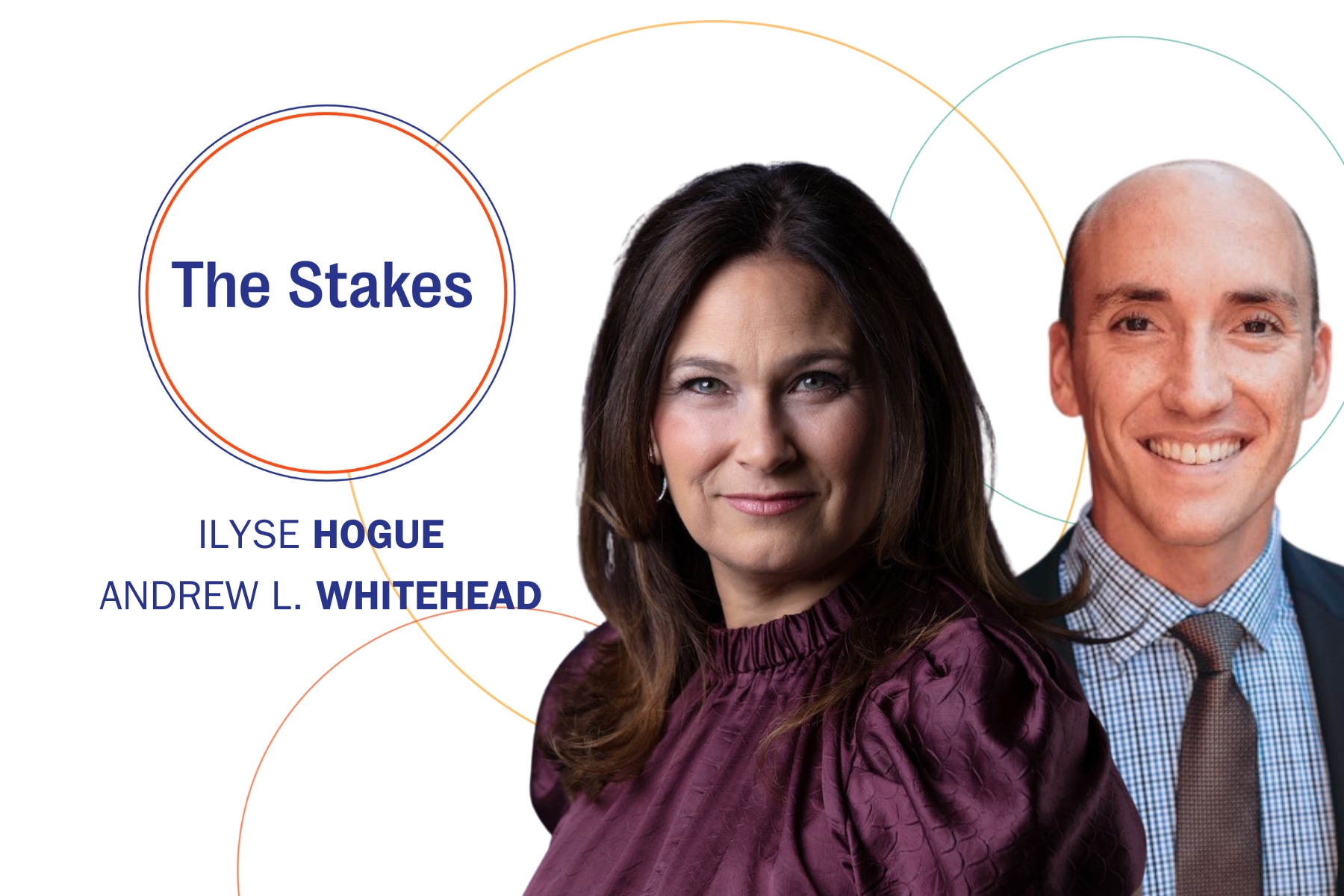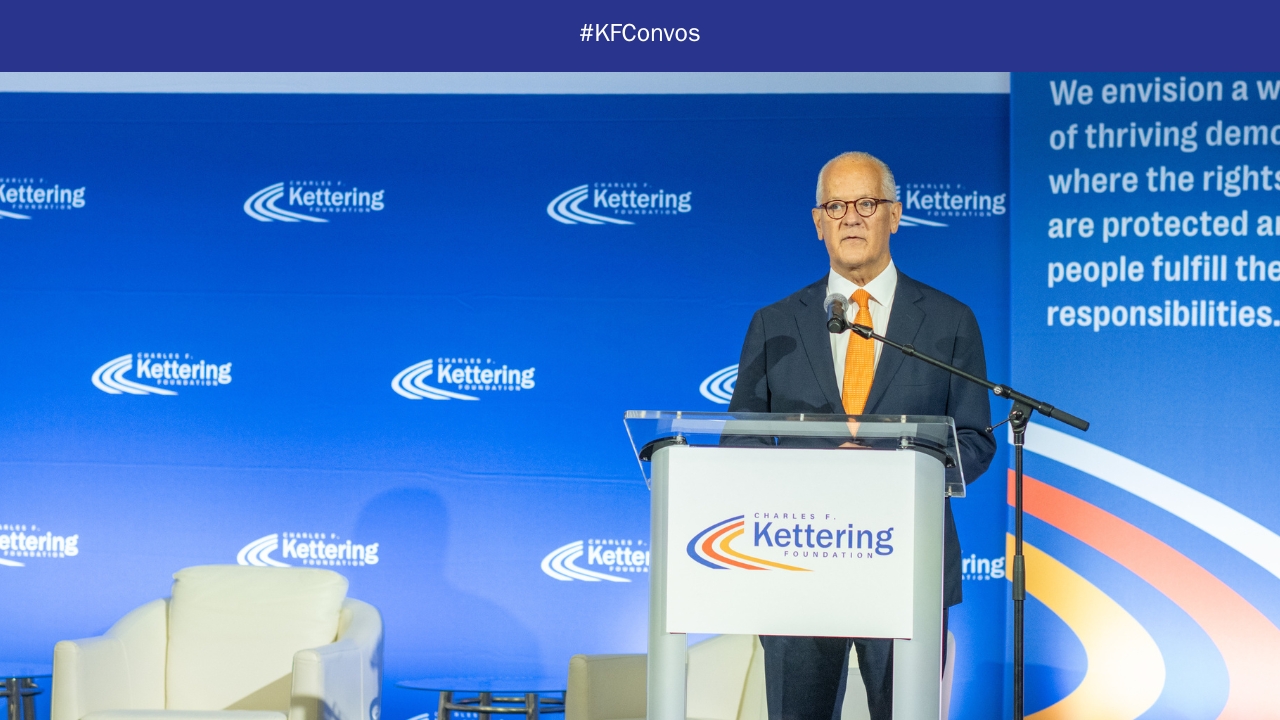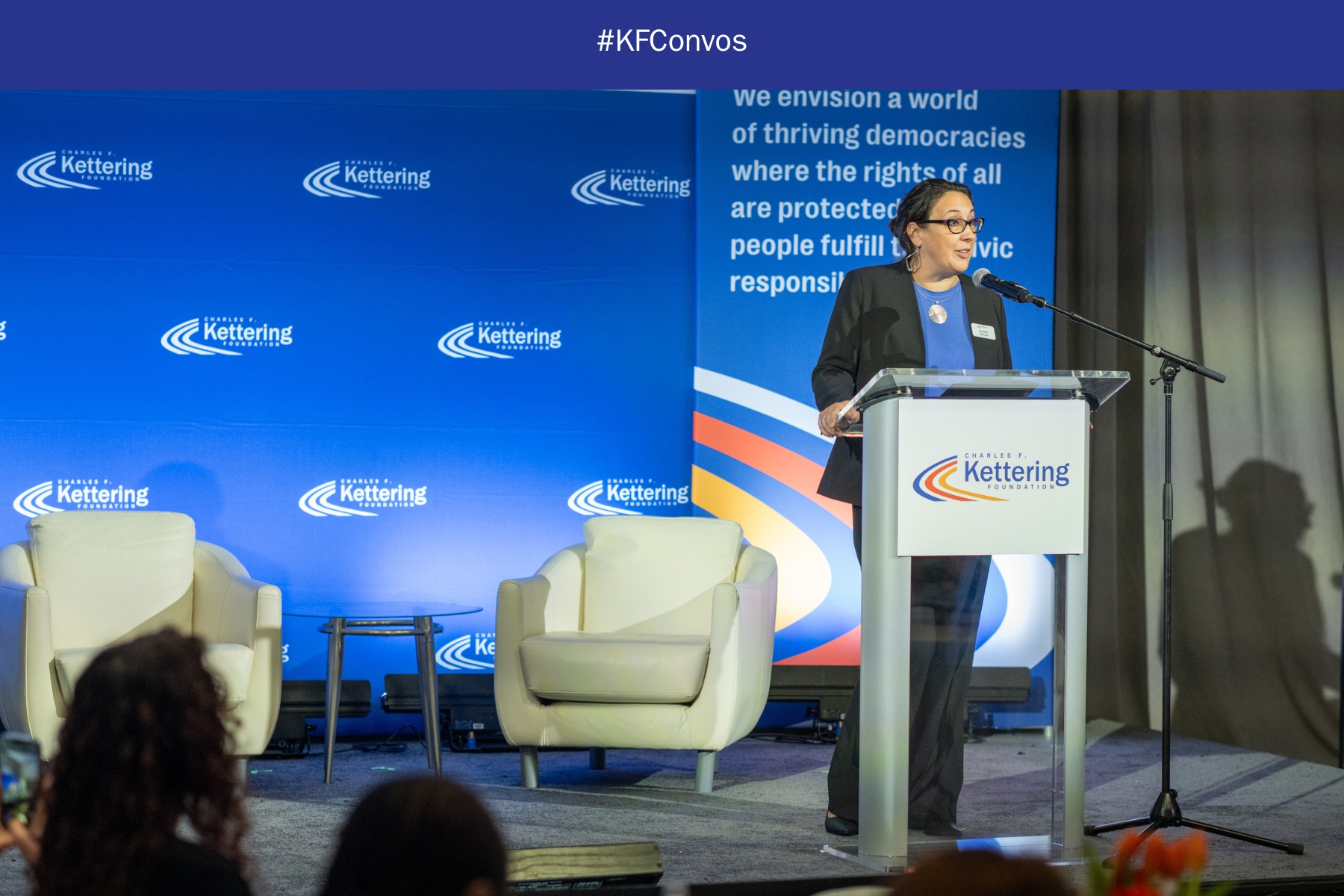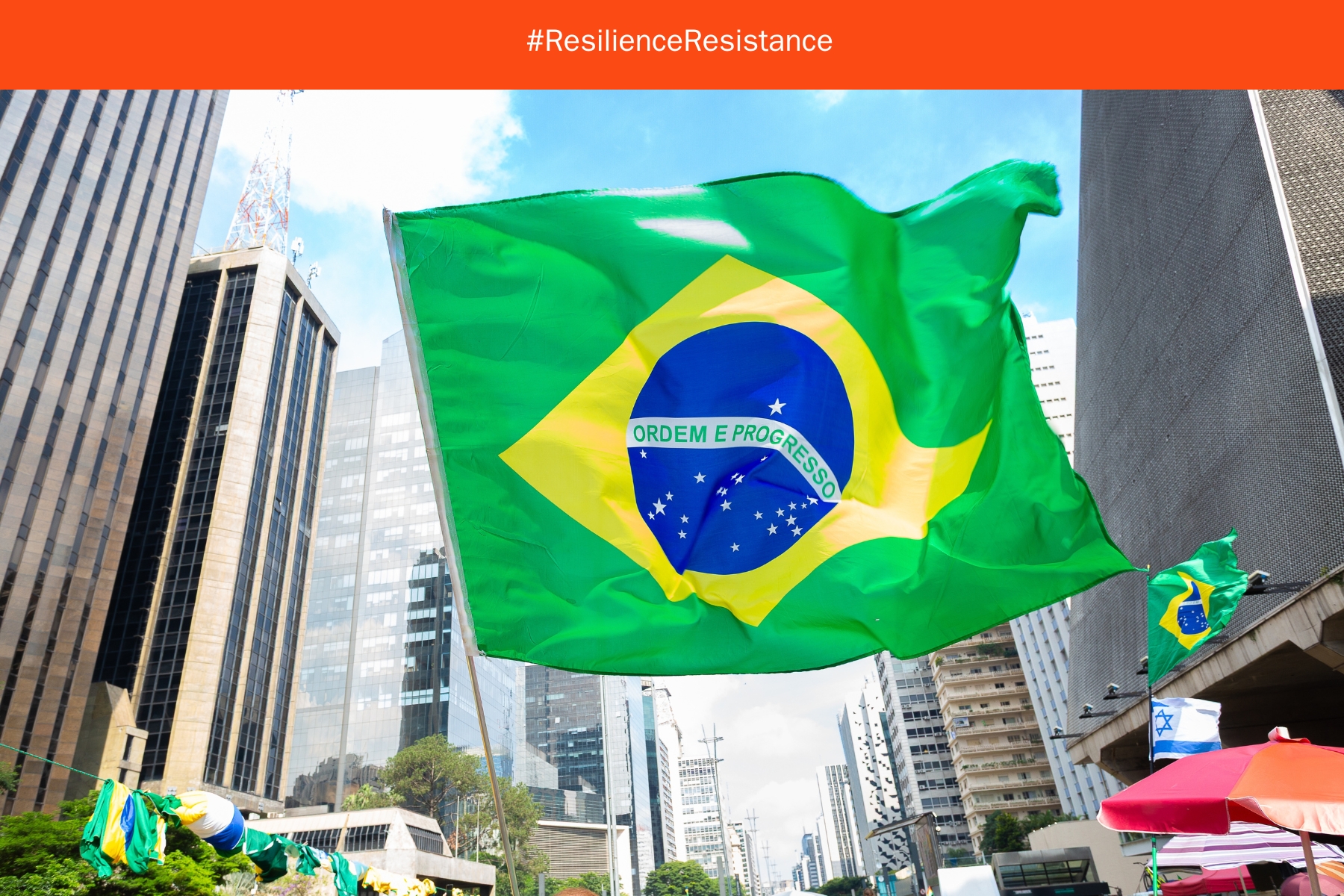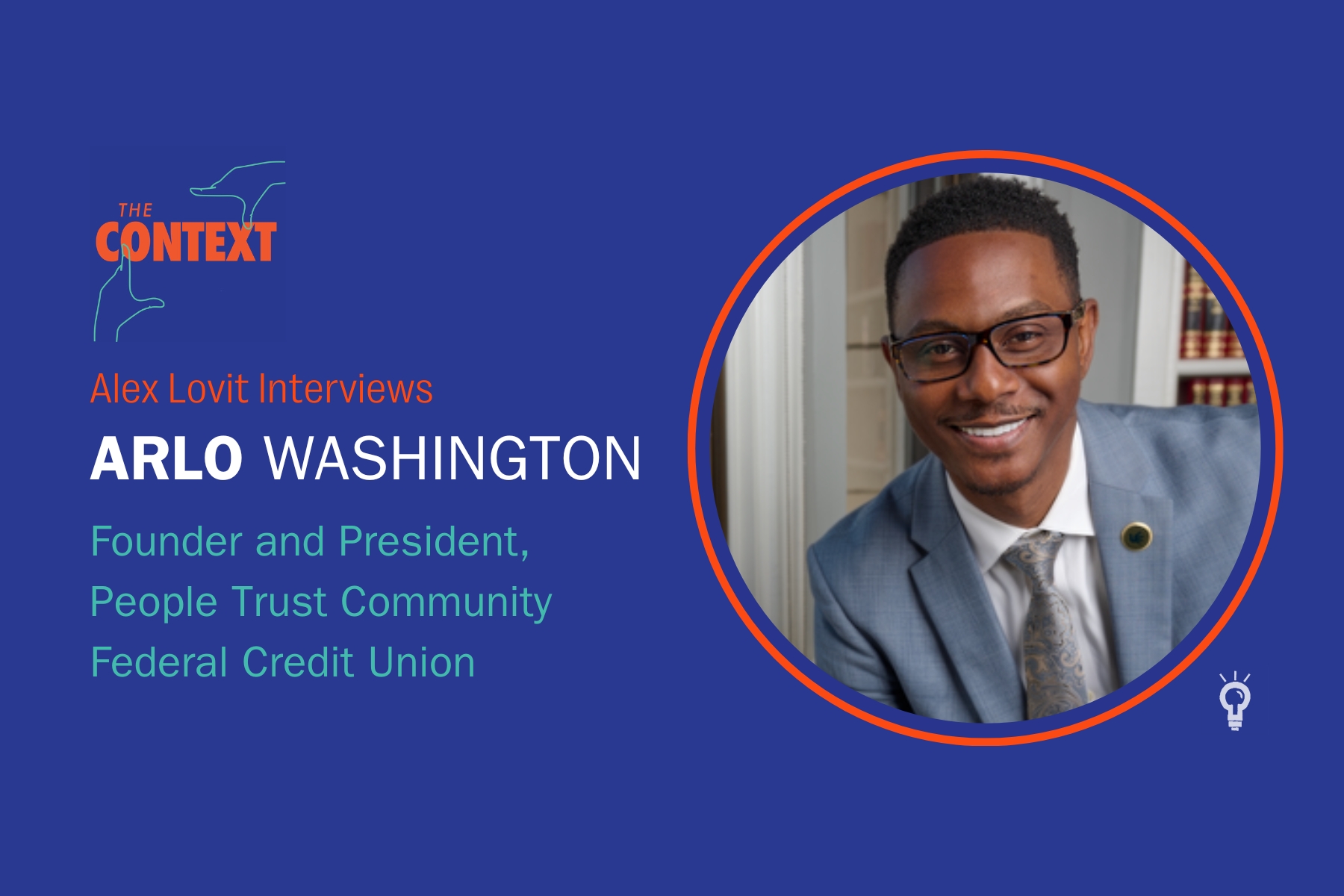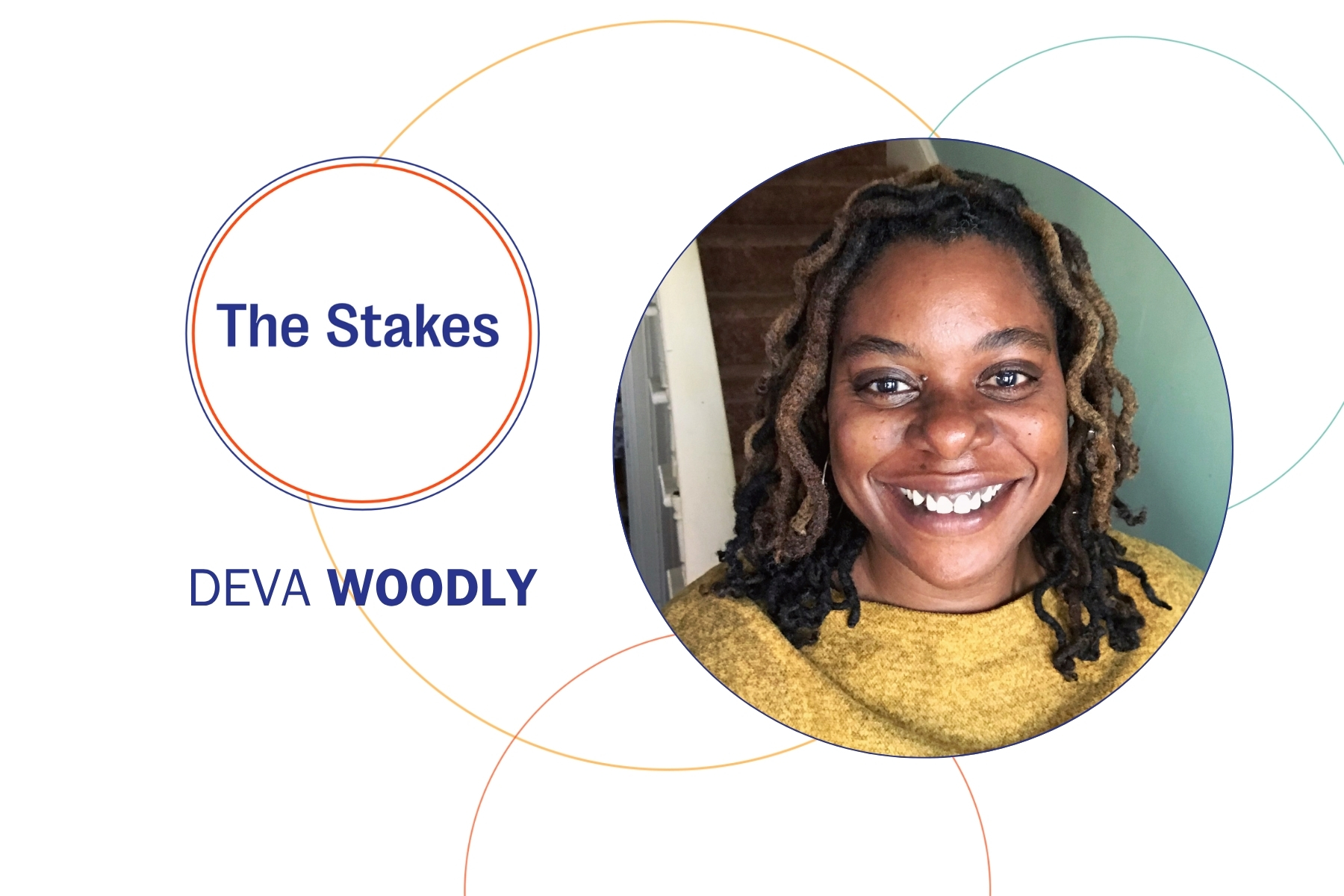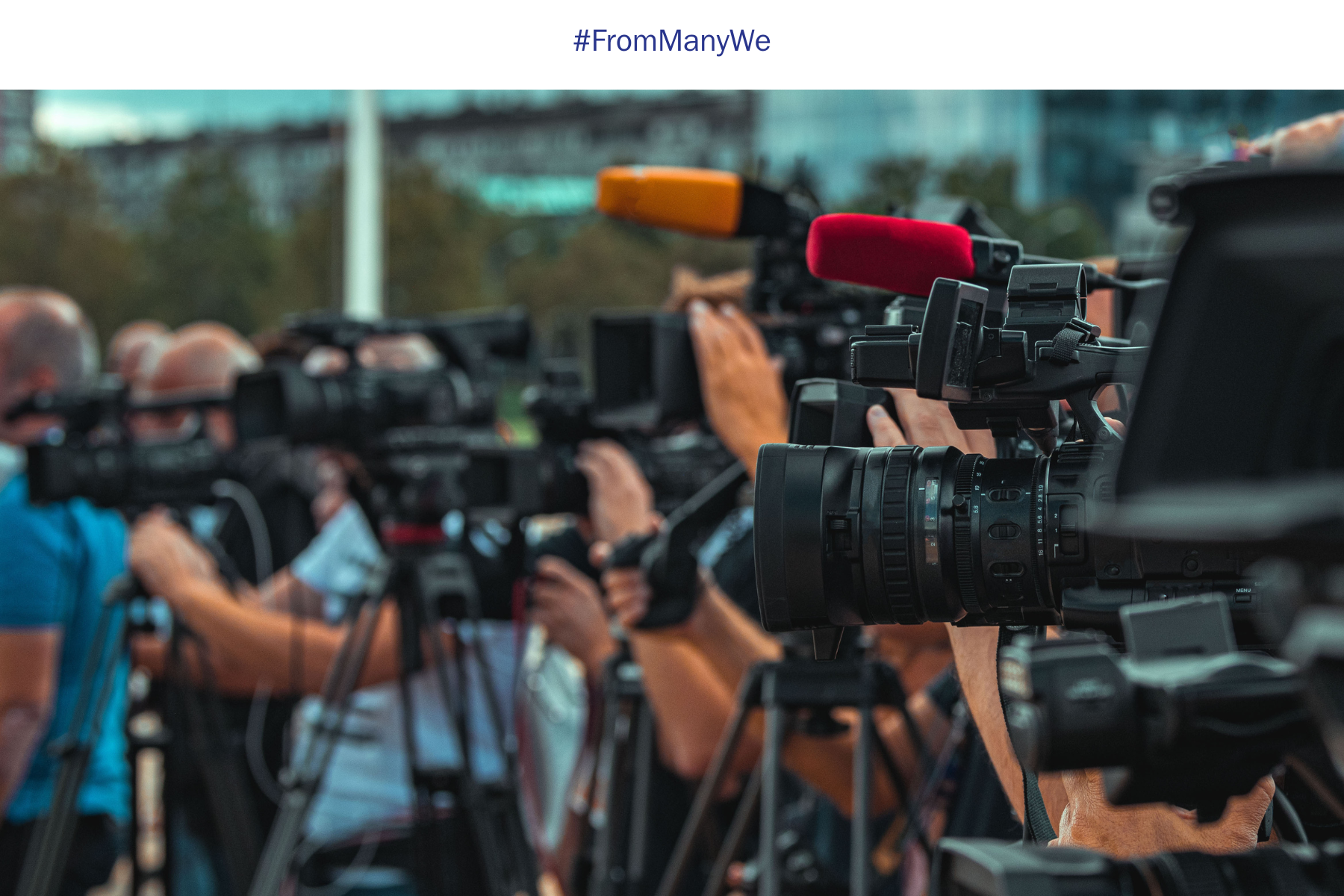Organizing across Borders
In this time of democratic erosion, it is critical to share what democracy scholars, practitioners, and activists are learning—both here in the United States and around the world. On July 21, the Charles F. Kettering Foundation held a Kettering Global Conversation on Democracy: Solidarity across Borders in Washington, DC. The event provided a dynamic forum to explore democratic challenges facing countries around the world and to learn from different global contexts and experiences. This is the fourth in a series of five pieces about the event.
Organizers have a lot of work to do to meet this moment of crisis for democracy. That’s a thumbnail summary of the discussion on Organizing across Borders, which took place during Kettering’s Global Conversation on Democracy. Brad Rourke, Kettering Foundation chief external affairs officer and director of DC operations, moderated a discussion with Elyssa Feder, executive director, Rising Organizers, and Charles F. Kettering Global Fellow Flávia Pellegrino.
Rourke opened the conversation by asking both panelists, “How do we incentivize action?”
Movement organizers and democracy organizations need to be more integrated, Feder said. Both sides need to learn from one another too. They need each other.
People need to understand that they are not alone in this, and in fact, cannot do this alone. Feder went on to explain, “Authoritarians teach people . . . that your freedom has to come at the expense of somebody else’s. And organizing says that, actually, the only way we’re going to be free is if we do it together.”
Pellegrino agreed, saying, that the way to begin is to build a safe space, build trust. “But the main strategy is how we can build this international solidarity and collaboration because that’s the only way we can effectively face the current global phenomenon of democratic backsliding.” She noted that in Brazil, Pacto pela Democracia has been building a “collective intelligence” by exchanging knowledge with their counterparts in Argentina, Colombia, and Peru. The organization has seven years of defending the rule of law in their country; this valuable experience needs to be shared.
Rourke asked what kinds of things Feder and Pellegrino are seeing adapted for use in the pro-democracy space.
“There are a lot of good things,” Feder said. “Institutions . . . understand there’s a problem. . . . How we get out of it requires an analysis of how we got here.”
“The place where I think I would like to encourage all of us to improve is a sense of speed. I think we all have a sense of urgency. . . . But urgency and speed of action are not the same thing. And we need to take more risks. We need to be okay with more failures,” she argued.
A question from the audience asked whether younger people coming through the pipeline might not have the organizing experience that is needed in a time like this when political parties are failing to meet this moment.
Feder said that “young people have a deep skepticism born out of their lived reality.” They “have grown up seeing the failures over and over and over again. . . . How do we get in front of more of these young people, how do we take their concerns seriously and also not let them get stuck there?”
Pellegrino explained that major anti-establishment sentiment is sweeping Brazil, an evolution of a previous movement in 2016 that sought to change politics. “It was only about changing people but not changing the practices,” she said. Now we are asking, “How can we change the political environment in Brazil and especially how can we actively listen to younger people?”
To close the discussion with a cross-border perspective, Pellegrino shared her own experience of reaching out. In 2022, when election integrity in Brazil seemed at stake, she contacted several civil society actors in the US and asked them what they did to defend the integrity of the 2020 elections. Since then, a continual collaboration has been taking place between these Brazilian and US civil society members. This can happen with other countries and their civil societies too.
